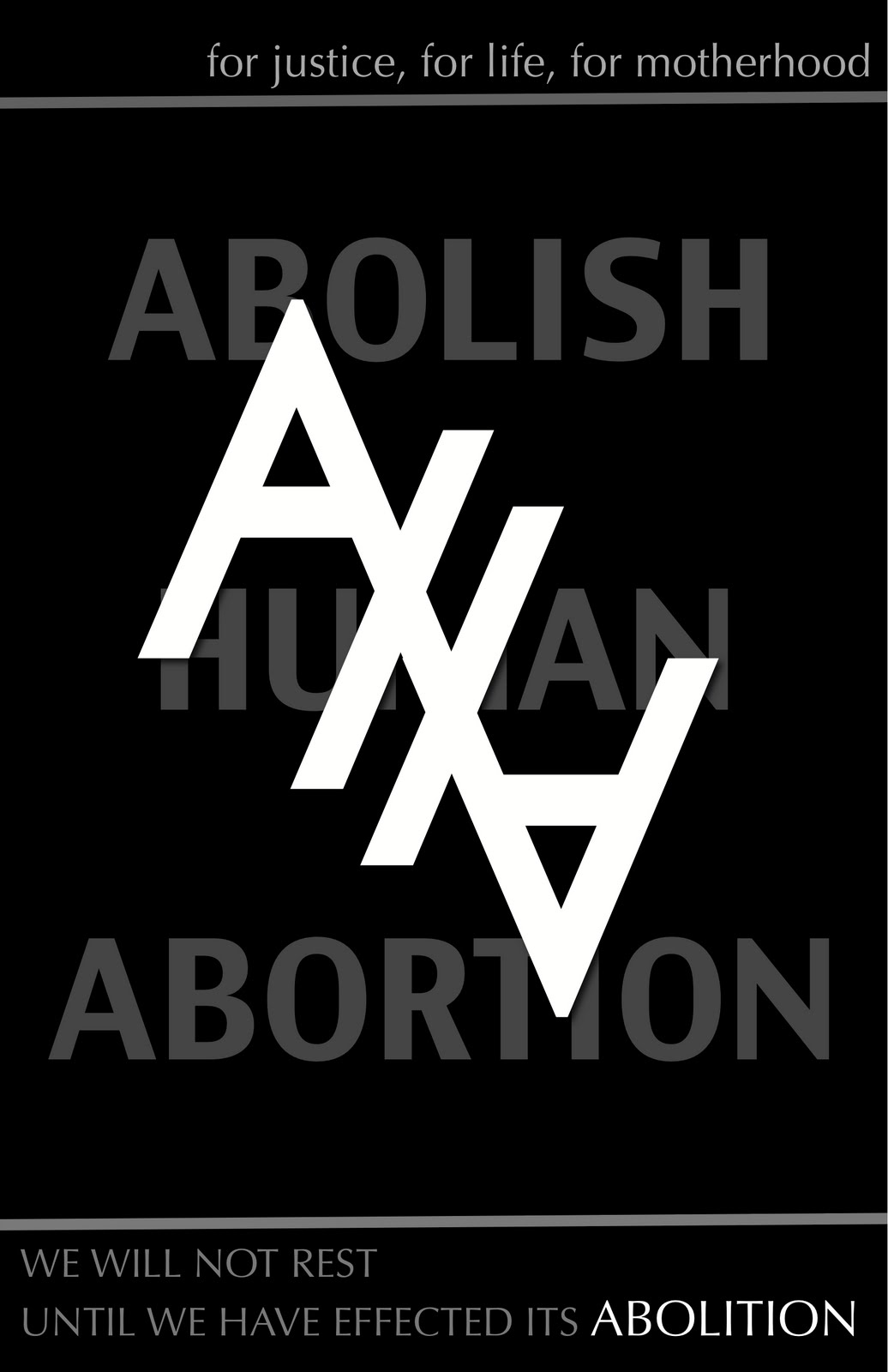This hymn provides a good reminder that there is more to the story of Christmas than that night in Bethlehem. The Incarnation was only a step in God's grand design to redeem for Himself a people through the sacrifice of His Son. We often treat Christmas as if it is an isolated celebration, but the Incarnation cannot be understood apart from the Crucifixion, the Resurrection, and the Second Coming, just as each of those events cannot be fully understood apart from the Incarnation and each other.
This hymn reminds us that God has composed a song of His redemption that is being sung by the choirs of angels. Our own groaning for the culmination of His redemption (see Romans 8) is woven into this masterpiece that God has created. The imagery reminds me of the creation tale in Tolkien's The Silmarillion, where Eru (the supreme being in Tolkien's created world) creates angelic beings (the Ainur) who then bring about Eru's creation by each adding their own voice to a song that Eru weaves together in perfect harmony.
How often we find ourselves beaten down and wearied by life's yoke, discouraged by the woes of this world, and distracted from God by our own sinfulness, our own lusts which lead us to quarrel and wage war with each other. How often do we look at the conflicts around the world, the evil that exists, and despair because "there is no peace on earth" (I Heard the Bells on Christmas Day)? How often do we need to be reminded to "hush the noise" and "rest beside the weary road" to "hear the angels sing" again?
We should do so more often. The song that the angels sing carries Christ's promise, that He is coming again, that His kingdom will never end, and that all will be made right again. (And yes, re-reading that sentence after I wrote it reminded me of Lewis's description of Aslan's return to Narnia in The Lion, the Witch, and the Wardrobe.) So hush the noise, rest beside the weary road, hear the angels sng, and begin now what will only be complete when Christ returns, when the whole world will send back the song that now the angels sing.
It Came Upon the Midnight Clear
It came upon the midnight clear,
That glorious song of old,
From angels bending near the earth,
To touch their harps of gold;
"Peace on the earth, good will to men,
From Heaven's all-gracious King."
The world in solemn stillness lay
To hear the angels sing.
Still through the cloven skies they come
With peaceful wings unfurled,
And still their heav'nly music floats
O'er all the weary world;
Above its sad and lowly plains,
They bend on hov'ring wing,
And ever over its Babel sounds
The blessèd angels sing.
Yet with the woes of sin and strife
The world has suffered long;
Beneath the angel strain have rolled
Two thousand years of wrong;
And man, at war with man, hears not
The love-song which they bring;
O hush, the noise, ye men of strife
And hear the angels sing.
And ye, beneath life's crushing load,
Whose forms are bending low,
Who toil along the climbing way
With painful steps and slow,
Look now! for glad and golden hours
Come swiftly on the wing.
O rest beside the weary road,
And hear the angels sing!
For lo! the days are hastening on,
By prophet-bards foretold,
When with the ever-circling years,
Comes round the age of gold;
When peace shall over all the earth
Its ancient splendors fling,
And the whole world send back the song
Which now the angels sing.
(Public Domain)
(Public Domain)


